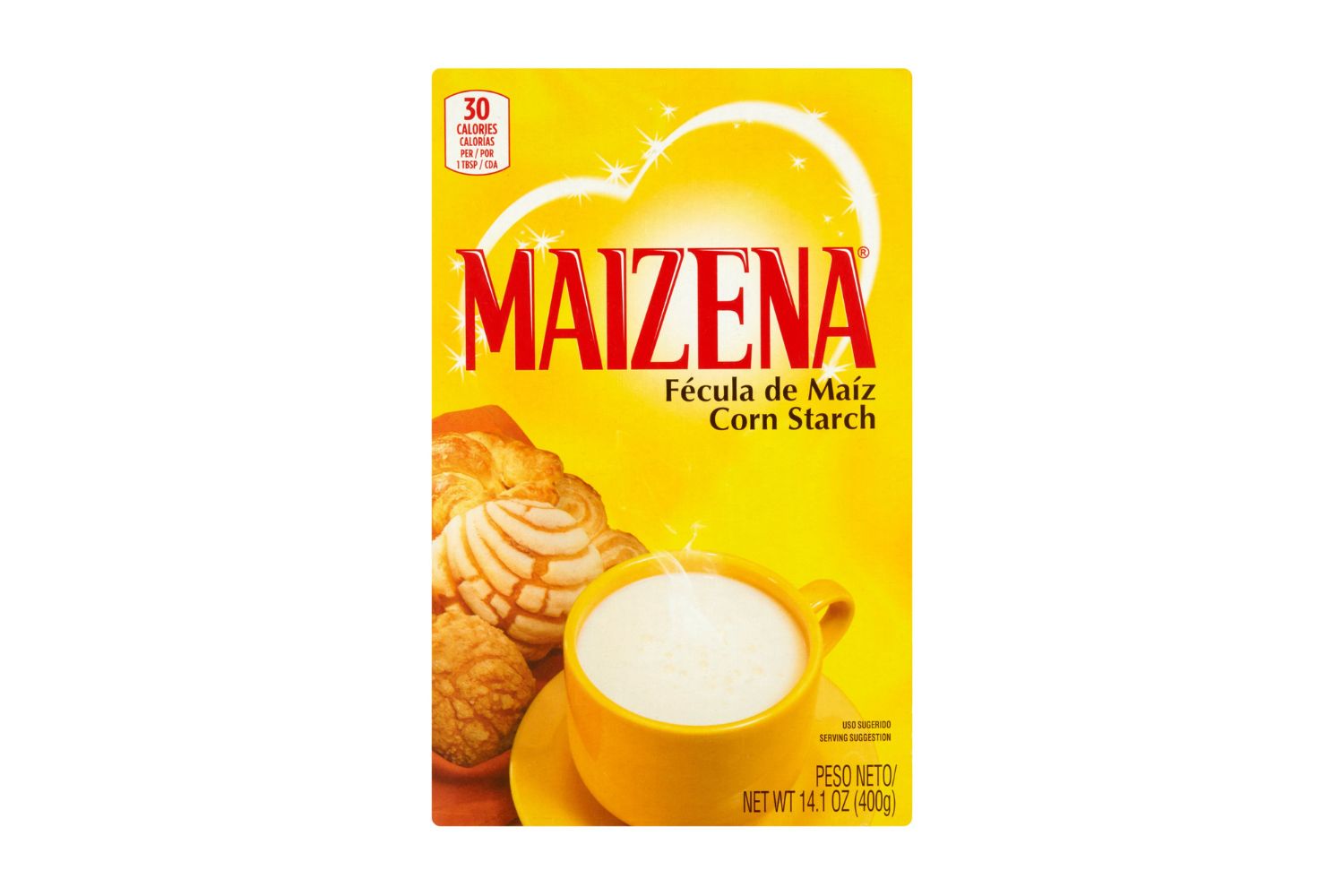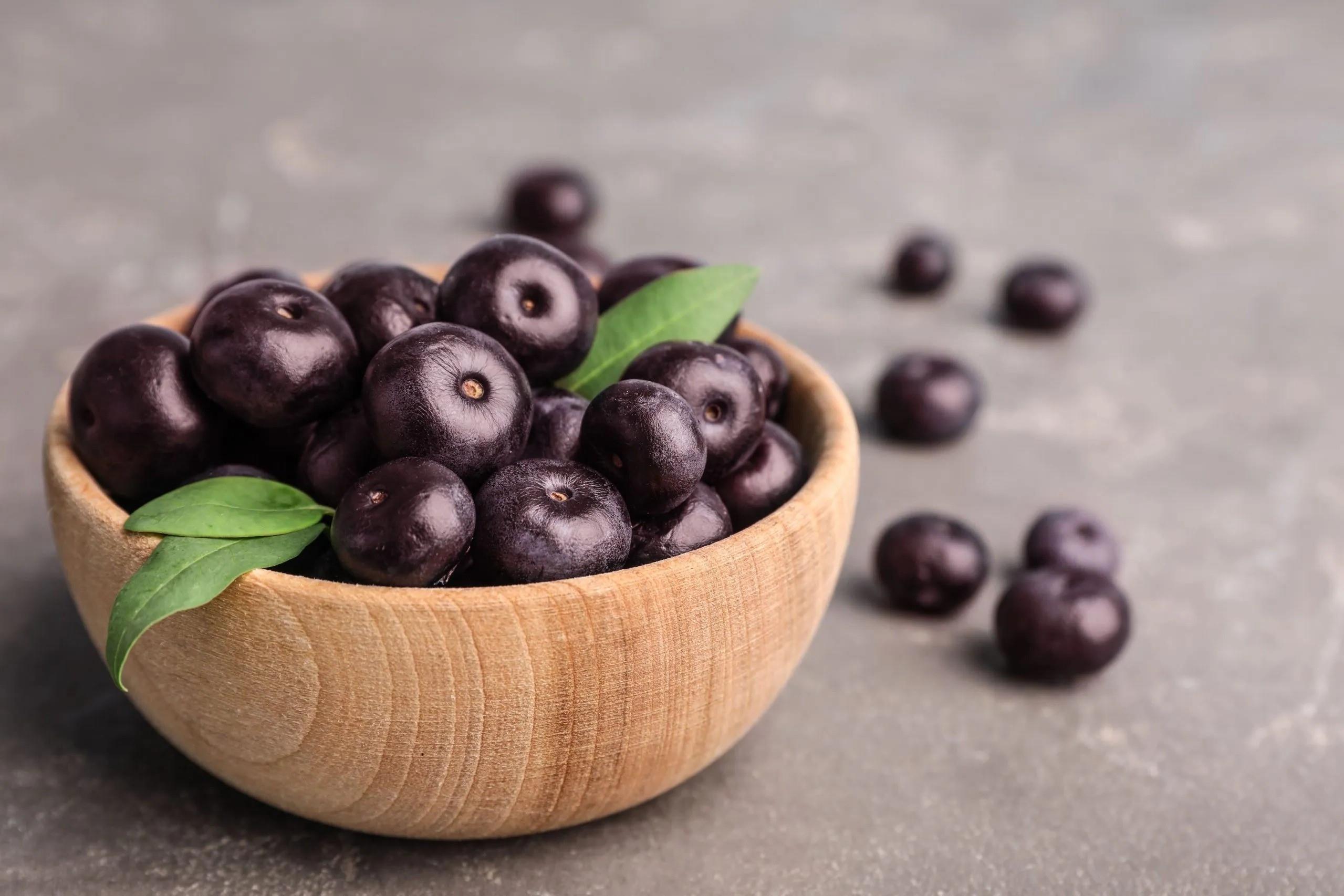
Maizena, also known as cornstarch, is a versatile ingredient that is commonly used in cooking and baking. Derived from corn, Maizena has a fine texture and is often used as a thickening agent in sauces, gravies, and desserts. But did you know that there is so much more to Maizena than just its thickening properties? In this article, we will delve into 18 intriguing facts about Maizena that will give you a whole new appreciation for this humble pantry staple. From its origins to its uses in different cuisines around the world, you’ll be amazed by the fascinating world of Maizena. So sit back, grab a snack, and let’s uncover the secrets behind Maizena!
Key Takeaways:
- Maizena is a gluten-free cornstarch with over 100 years of history, perfect for thickening sauces, making playdough, and even as a dry shampoo for oily hair.
- From binding ingredients in baking to preventing lumps in ice cream, Maizena’s versatility makes it a must-have in any kitchen, offering endless possibilities for cooking and crafting.
Maizena is a popular cornstarch brand.
Maizena is a well-known brand of cornstarch, commonly used as a thickening agent in cooking and baking.
Maizena is derived from maize or corn.
This versatile ingredient is made from the endosperm of corn kernels and is processed into a fine powder.
Maizena is gluten-free.
For those with gluten intolerances or wheat allergies, Maizena is a reliable option as it is naturally free of gluten.
Maizena has been in existence for over 100 years.
Since its creation in the late 19th century, Maizena has remained a staple in many households around the world.
Maizena can be used as a substitute for flour in certain recipes.
Due to its fine texture, Maizena can be used as a gluten-free alternative to flour in various dishes.
Maizena is used in the production of custards and puddings.
The smooth and creamy texture of Maizena makes it ideal for creating delectable custards and puddings.
Maizena can be used to thicken sauces and gravies.
When added to hot liquids, Maizena quickly forms a smooth paste and helps thicken sauces and gravies.
Maizena is often used as a binding agent in baking.
When mixed with water, Maizena creates a glue-like consistency that helps bind ingredients together in recipes.
Maizena can be used to make homemade playdough.
With its pliable texture, Maizena can be combined with other ingredients to create a fun and moldable playdough for kids.
Maizena is commonly used in Latin American cuisine.
Many traditional Latin American dishes rely on Maizena for its thickening properties and smooth texture.
Maizena can be used as a natural dry shampoo.
When sprinkled onto the roots of oily hair, Maizena helps absorb excess oil and grease.
Maizena can be combined with water to make a face mask.
When mixed with water, Maizena forms a paste that can be applied to the skin to help soothe and soften it.
Maizena can be used to prevent lumps in homemade ice cream.
Adding a tablespoon of Maizena to homemade ice cream mixtures helps prevent the formation of ice crystals and lumps.
Maizena can be used as an alternative to talcum powder.
Due to its moisture-absorbing properties, Maizena can be used as a natural substitute for talcum powder.
Maizena is a key ingredient in the famous Argentine dessert, “Dulce de Leche.”
Maizena plays a crucial role in achieving the smooth and creamy consistency of this beloved sweet treat.
Maizena can be used as a thickener for homemade fruit pies.
When combined with fruit juices, Maizena helps thicken the filling of fruit pies, ensuring a deliciously gooey texture.
Maizena is a popular ingredient in gluten-free baking mixes.
Many gluten-free baking mixes use Maizena as a primary ingredient for its ability to mimic the texture of traditional flours.
Maizena has a long shelf life.
When stored in a cool and dry place, Maizena can last for an extended period, providing a reliable thickening agent whenever needed.
So, there you have it, the 18 intriguing facts about Maizena. From its versatile uses in cooking and baking to its long shelf life, Maizena has become a household staple worldwide. Whether you’re looking to thicken sauces, make homemade playdough, or even soothe your skin, Maizena has proven to be a versatile and reliable ingredient.
Next time you reach for that familiar yellow box, remember the fascinating facts that make Maizena such a unique and indispensable ingredient in the kitchen.
Conclusion
In conclusion, Maizena is a versatile and intriguing ingredient that has stood the test of time. From its humble origins as a cornstarch substitute, it has evolved into a staple in kitchens around the world. Whether you use it as a thickening agent in sauces, a gluten-free baking alternative, or as a skin-soothing remedy, Maizena has numerous applications and benefits. Its ability to improve texture, enhance flavors, and provide a smooth and glossy finish makes it a go-to ingredient for chefs and home cooks alike.
Next time you’re in the kitchen, consider incorporating Maizena into your recipes and discover the magic it brings to your culinary creations. Don’t be afraid to explore new possibilities and experiment with this fascinating ingredient. With Maizena, the possibilities are endless!
FAQs
1. What is Maizena?
Maizena is a brand name for a specific type of cornstarch. It is made from the endosperm of corn kernels and is commonly used as a thickening agent and a gluten-free alternative in cooking and baking.
2. Are Maizena and cornstarch the same thing?
Yes, Maizena is a brand name for cornstarch. It is often used interchangeably with the term “cornstarch” in recipes.
3. Is Maizena gluten-free?
Yes, Maizena is gluten-free. It is an excellent option for individuals who follow a gluten-free diet or have gluten sensitivities.
4. Can Maizena be used as a substitute for flour?
Maizena can be used as a substitute for flour in certain recipes, especially when a gluten-free alternative is needed. However, it’s important to note that Maizena has different properties than flour, so the texture and taste may differ in the final result.
5. Can I use Maizena to thicken sauces and soups?
Absolutely! Maizena is commonly used as a thickening agent in sauces, soups, and gravies. Its ability to absorb liquid and create a smooth, silky texture makes it an ideal choice for thickening various dishes.
6. Is Maizena used in any beauty remedies?
Yes, Maizena can be used in beauty remedies. It is known for its soothing properties and can be added to DIY face masks or used as a natural dry shampoo to absorb excess oil from the scalp.
7. Can Maizena be used in baking?
Absolutely! Maizena is commonly used in baking as a gluten-free alternative to flour. It can help add structure and texture to baked goods, especially in recipes where a lighter, fluffier result is desired.
Was this page helpful?
Our commitment to delivering trustworthy and engaging content is at the heart of what we do. Each fact on our site is contributed by real users like you, bringing a wealth of diverse insights and information. To ensure the highest standards of accuracy and reliability, our dedicated editors meticulously review each submission. This process guarantees that the facts we share are not only fascinating but also credible. Trust in our commitment to quality and authenticity as you explore and learn with us.


